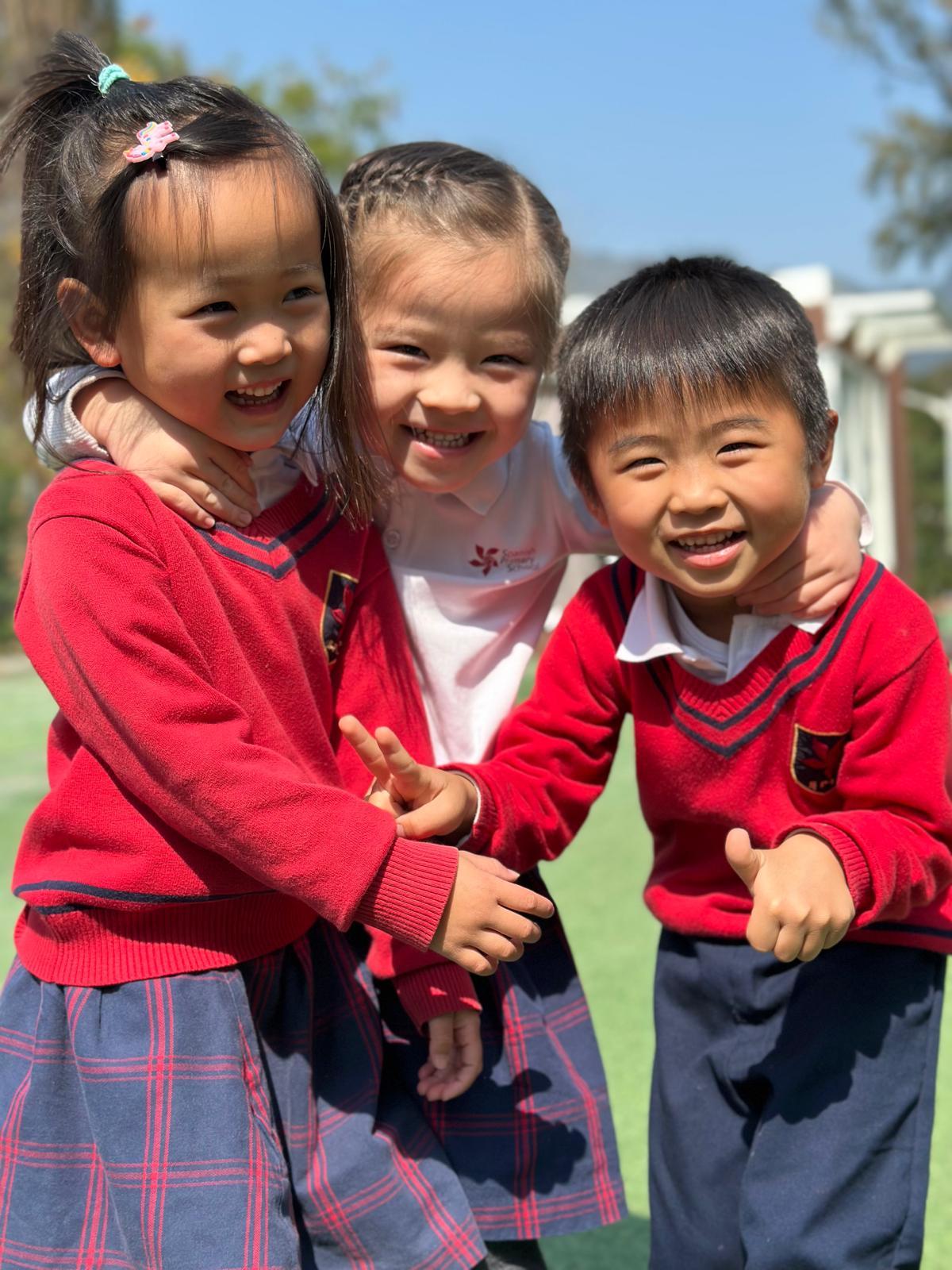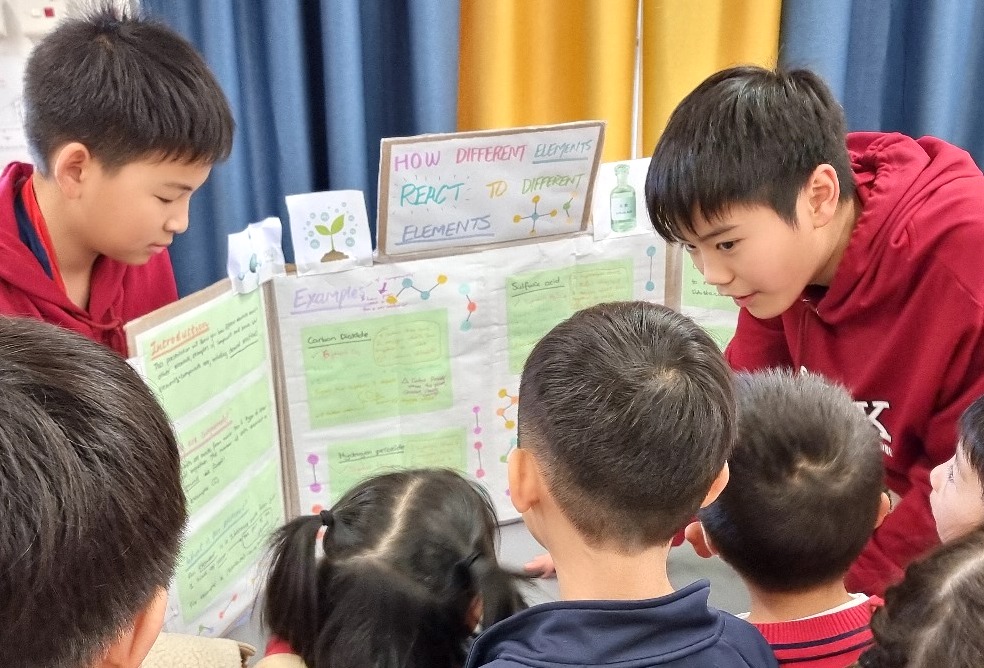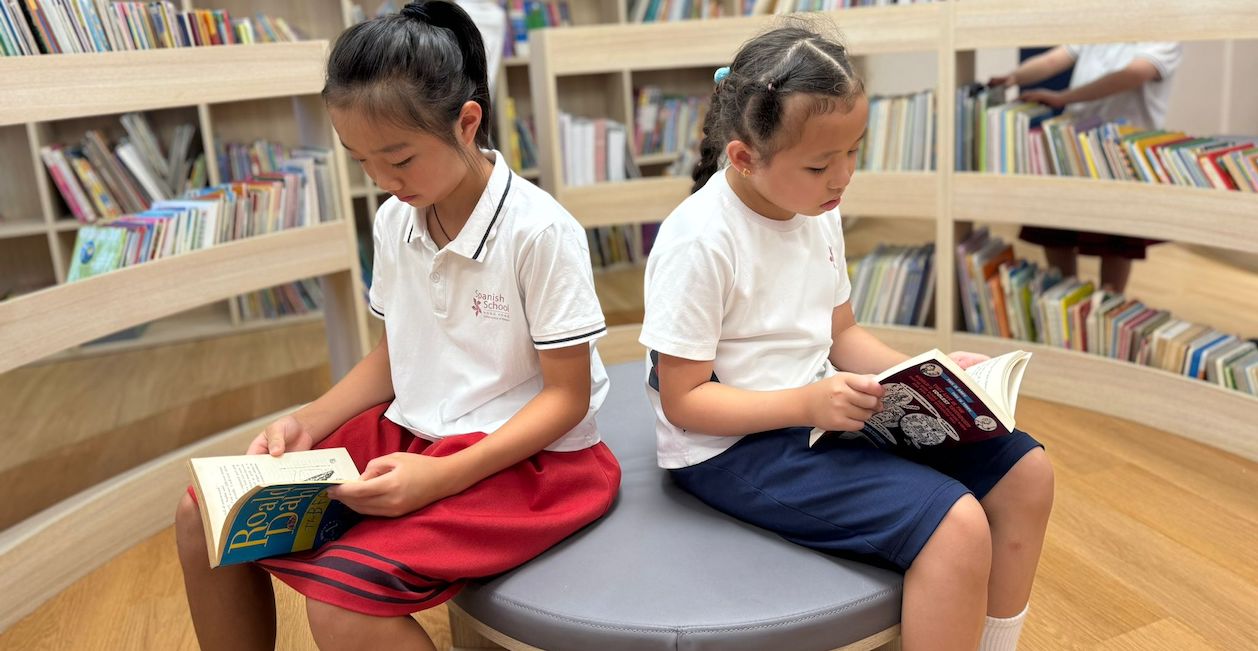TEACHING PHILOSOPHY
At SSHK, we have a unique language policy, promoting multilingualism. Our trilingual programme facilitates English, Spanish, and Mandarin. Research has proven that multilingual education improves cognitive abilities such as problem-solving, creativity, and memory!
Some may ask, ‘why English, Mandarin, and Spanish?’. Mandarin is the most spoken language worldwide, in terms of the number of native speakers, whilst Spanish and English are second and third, respectively. SSHK facilitates these languages to enable our students to communicate in, what is considered, the three most important languages worldwide.

Some parents may worry that multilingual exposure may hinder the language development of their child. However, this is proven to be false. In Europe, the majority of the people are multilingual, as they were encouraged to learn two or more languages from an early age. The European policy objective of a trilingual population (national language, English, another language) is met by several European countries. Including; Luxembourg (84%), the Netherlands (77%), and Denmark (56%).
To support our students as SSHK we have adopted an immersive teaching method. Meaning, students are not only learning the three languages, during language classes. Rather, during additional subject classes the use of English, Spanish and Mandarin are used, dependent on the class. In addition, to cultivate a truly trilingual campus environment, three languages will be used interchangeably in morning assemblies, school events, and meetings, so our students will be fully immersed in these three languages throughout their school life.
The immersive teaching method is found effective by our counterparts in Europe and America. In consultation with our academic advisors, Professor David Liu and Professor Wang Lixun, we have thoroughly thought through our language education policy and concluded that English will be the main medium of instruction (40%) complemented equally by Spanish and Chinese (Mandarin) (30%). Nevertheless, the percentages (40%, 30%, 30%) are a rough estimation as flexibility is necessary to facilitate teaching and learning in different contexts.
Child-Centred Approach to Education
To enrich the learning of our students, we follow a social pedagogy. At SSHK we understand education to be crucial to a student’s development and well-being. We, as educators, equally consider social and educational questions, as one, to ensure our students can communicate effectively and morally. To achieve this, group work and social interactions are largely encouraged to ensure the social nature of education, by fulfilling cooperative learning.

In line with social pedagogy, by adopting a child-centred approach to education our students play an active role in their learning and daily school life. The students are considered core participants in the curriculum development. For example, to enrich self-confidence and resilience, leadership factors heavily in life at SSHK. Students are encouraged to take up mentorship, house captain, and prefect roles to actively support one other and instil a sense of responsibility. Thus, demonstrating learners at the forefront of our pedagogy.
SSHK wholeheartedly nurtures and recognises the individuality of all students. The environment facilitates the differences among learners and welcomes their prior knowledge and personal and academic foresight.
